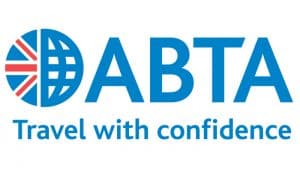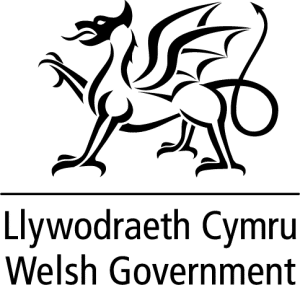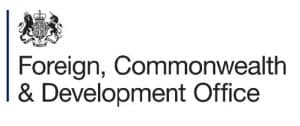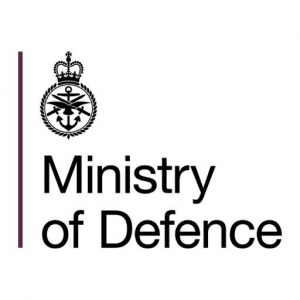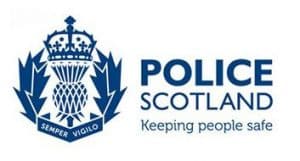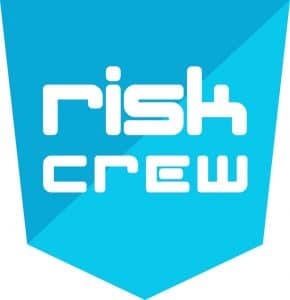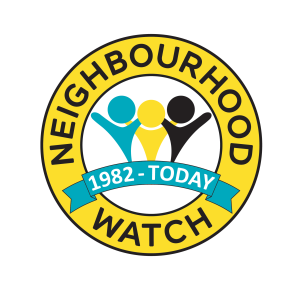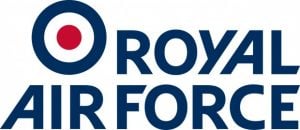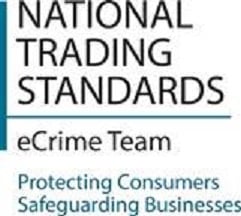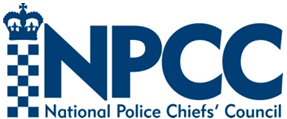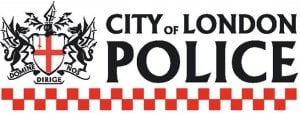June 30th 2015
An international law enforcement operation against airline fraudsters has taken place at 140 airports across the world, resulting in the detention and investigation of 130 people that were found in possession of airline tickets bought using stolen credit card details.The arrests took place earlier this month, but details have only just been released by Europol.
According to statistics the most rapid increase in fraudulent transactions on the Internet can be seen in those reported by the airline industry as a result of the fraudulent online purchases of flight tickets using compromised credit card data, often stolen through online data breaches. The airline industry faces huge losses as a result, estimated at EUR 1 billion, and innocent citizens are affected as their credit card data is misused.
The operation was organised globally through three coordination centres at Europol in The Hague, Interpol in Singapore and Ameripol in Bogota, with support from Canadian and US law enforcement authorities. Since airline ticket fraud is a complex and global phenomenon posing certain security issues, targeting the organised crime groups active in this are requires communication between airlines, issuing banks, payment card schemes, IATA and law enforcement on an international level.
Commitment from law enforcement agencies, the private sector and international organisations has increased, meaning that this year's action could take place at 140 airports on five continents (Europe, Asia, Australia, America and Africa), in 49 countries (25 in Europe).
38 companies (33 airlines and 5 travel agencies in Europe) reported fraudulent incidents to law enforcement deployed at the airports during the days of actions. Payment card schemes, card issuers, Perseuss and the International Air Transport Association (IATA) supported the operation by providing information to confirm any suspicious fraudulent airline ticket transactions. Other international organisations like Eurojust and Frontex – who deployed officers in 12 airports in Europe – also supported the action.
For this reason, during the two action days a command post was set up at Europol's European Cybercrime Centre (EC3), which was complemented by command posts at Interpol in Singapore, Ameripol in Bogota and another one in Canada. At Europol's command post, representatives from the private sector (airlines and major credit card companies American Express, MasterCard, Visa, Visa Inc and Visa Europe) worked closely to identify suspicious transactions and then send confirmation to law enforcement deployed at the airports.
During the operation 222 suspicious transactions were reported by the industry (163 in Europe, 23 in Asia Pacific, 18 in Latin America and 18 in Canada). As a result 130 persons were detained, denied boarding the flights and questioned by police (101 in Europe, 11 in Asia Pacific, 10 in Latin America, 2 in the USA and 6 in Canada).
One of the lessons learned from previous editions is that, although this global action targets criminals suspected of fraudulently purchasing plane tickets online using compromised credit cards, in many cases it was shown how airline fraud is a facilitator of other forms of crime. During the global operation on 16 and 17 June the individuals arrested were involved in other forms of crimes, including trafficking of human beings, illegal immigration, smuggling of goods, drug trafficking, fraud, cybercrime and terrorism. In this sense, this type of action is effective in uncovering other forms of serious crime, providing added security at the airports.
Officers from Europol's European Cybercrime Centre (EC3) were present in Singapore and Bogota, while Europol also deployed mobile offices to Athens, London, Madrid and Paris, giving direct, secure access to Europol's centralised databases and analysis tools.
"This operation was the culmination of many months of meticulous planning between Europol, law enforcement, prosecuting and border control agencies, airlines and credit card companies, and is a perfect example of how our combined forces can track down the organised crime gangs involved in this large-scale fraud and other offences. Along with our partners, we are committed to continue developing new levels of cooperation and new methods for fighting this type of crime," said Wil van Gemert, Deputy Director Operations at Europol.
Meta Backman, from the European Airlines Fraud Prevention Group, commented on the operation "Once again the operation was successful and proved worthwhile. As a result of these actions, airlines can already see improved cooperation with card issuing banks, card schemes and law enforcement in their daily fight against credit card fraud. Without the determination and effort of Europol's European Cybercrime Centre (EC3) this could not have happened.''
Aleks Popovich, IATA Senior Vice President, Financial and Distribution Services, stated: "Fraud represents a significant cost burden for the airline industry, a cost that ends up being passed on to all passengers. Hence, IATA takes a particular interest in all initiatives designed to challenge fraudsters. We are proud to have supported Europol in planning and rolling out this global and hugely successful operation. This illustrates the type of close and trusted collaboration we want to build between the airline industry and law enforcement agencies worldwide.''
This global operation against airline fraudsters is part of Operation Blue Amber1, a series of international actions tackling organised crime which took place in various locations across the world.
Europol will continue to support EU Member States, working closely with the private sector and other international organisations, to improve security at the airports by fighting this type of online fraud.
1 Europol has supported the international Operation Blue Amber tackling organised crime. Between 4 May and 24 June, law enforcement officers from 28 EU countries and international partners joined forces to take out organised crime groups and their infrastructures.








